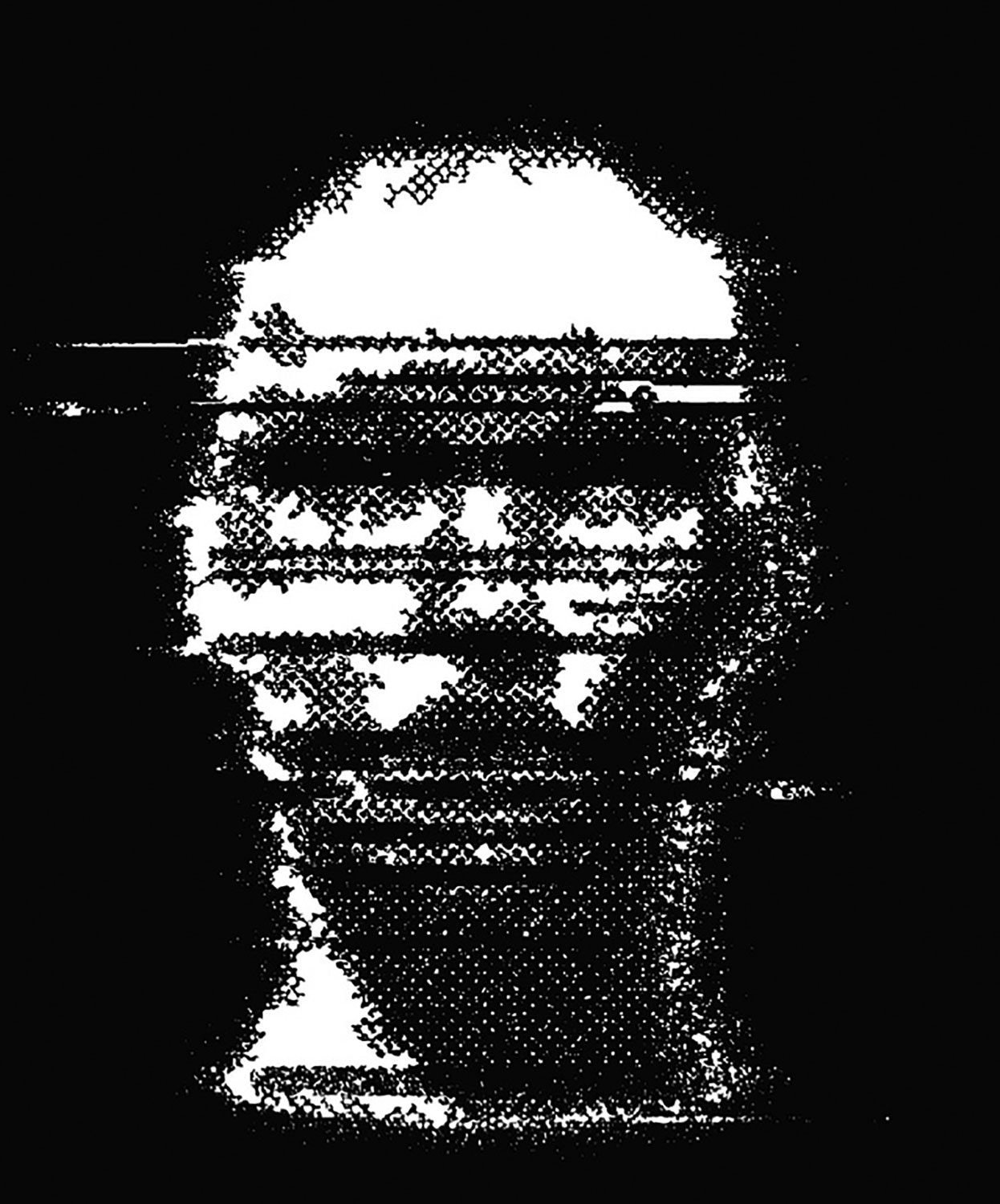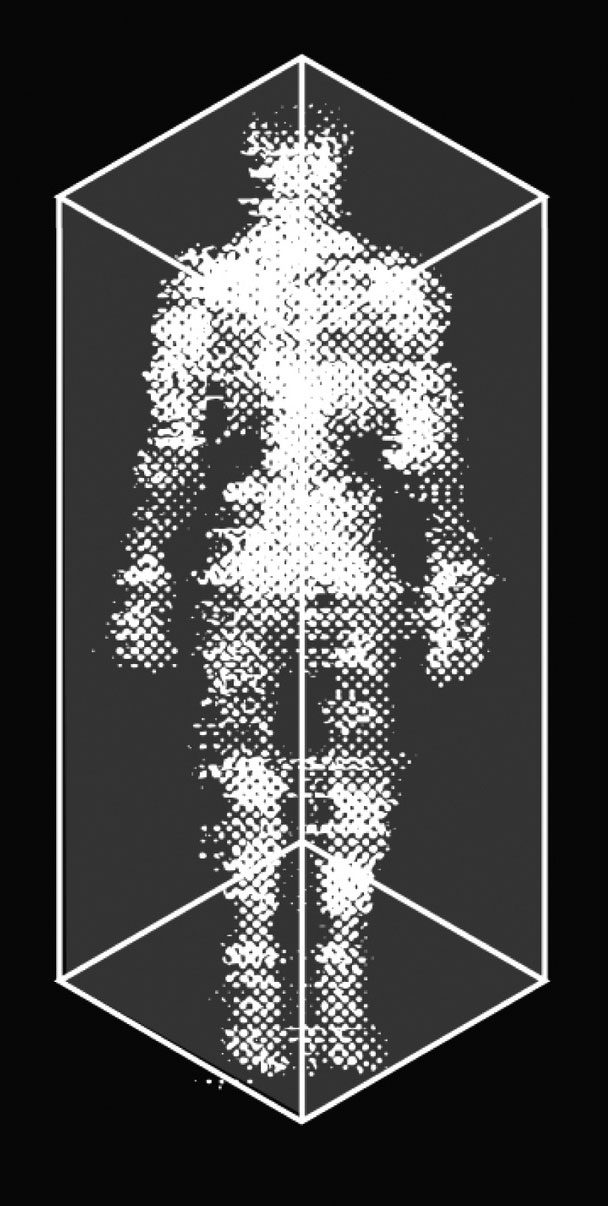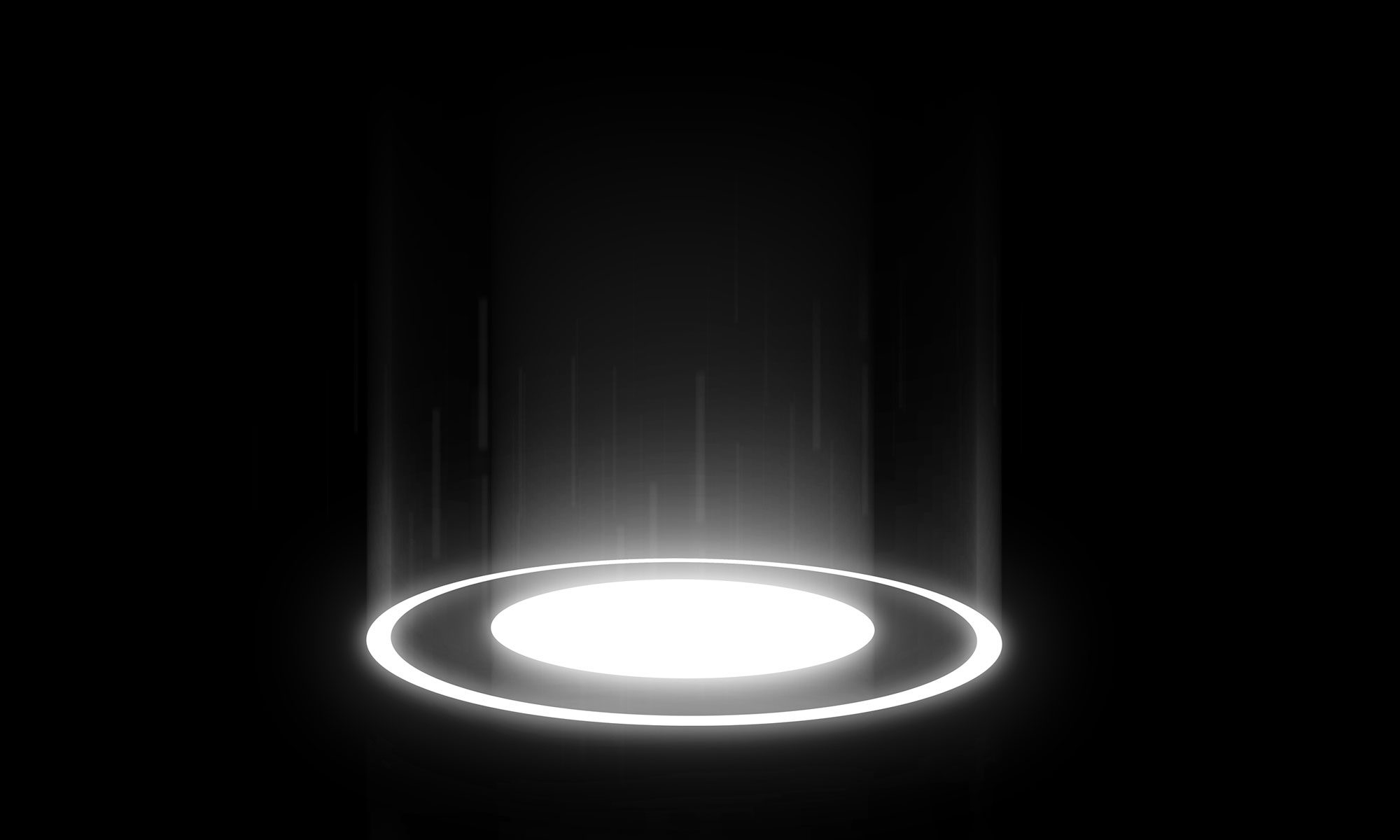
1/366 to Tokyo by Taylor D. Skokan
Published in Issue 125, May 2024
Magda explained the movie plot, but I heard nothing as I stared at the fleshy spot where her nose used to be. She was still pretty, but there was no denying that the nose had improved things. I nodded along, wondering how I’d look without my nose.
She leaned in, placing a cool hand on my knee.
“Are you okay?”
“Yeah, why?”
“Is it that bad?” she asked.
“What?”
She covered the center of her face with a hand.
“What? I hardly noticed.”
“I’m going to have it fixed.”
“It’s fine.”
“Hopefully next year,” she said. “It’s just cosmetic, thankfully, but it’s awful.”
A woman with half a face at the next table shifted in her seat and leaned into her beet salad.
“Does it hurt?”
“No. Not really. Just feels stuffy.”
“That’s good.”
We sipped at the last of our lattes in silence.
“Are you sure you still want to go?” I asked. “There’s a good place just around the corner?”
“No. Why?”
“It’s just far.”
“We might as well do it right. This is a big deal.”
We walked the few blocks to the teleport, Magda’s sinuses making a throaty click as she breathed through her mouth. At the station, passengers spilled from the propped double doors and onto the sidewalk in mirrored, snaking queues.
As we stepped into line, an attendant approached.
“Traveled with us before?” he asked, extending a flyer filled with colorful graphs.
“Yes, thank you,” I said, waving away the flyer.
“And you, miss?” He looked up at Magda. “Oh, you must be a VIP with us.”
“Yes,” she replied, growing flush.
“Wonderful. Right this way to the VIP lounge.” He motioned to another entrance, its doors closed and smoked an obsidian black.
“We’re together,” Magda said.
“Then I guess it’s your lucky day,” the man said to me with a smile, peeling two “VIP” stickers from a roll. “Please.”
We made our way to the VIP entrance, stepping over familiar flyers offering assistance in Understanding Your Personal Risk Assessment and slowing behind a man with a cane who had been peeled from the queue by a smiling attendant moments before.
Inside, we were greeted with a tray of disposable, plastic champagne flutes filled with a flat, pale liquid. The hobbled man balanced his cane beneath one arm and took a cup, which lifted from its sticky tray with a quiet snap, like the click from Magda’s shuttered nasal passages. “Welcome home, VIP,” the signage read, in a tasteful, curling font.
An attendant approached with an armful of tablets. “Welcome,” she said with a perfected warmth. “Traveling together?”
“We are,” I said, gesturing to Magda, whose eyes wandered nervously.
“Wonderful. Right this way.” She led us through rows of body-bleached lounge chairs. “And where are you ladies headed today?”
Magda, head tilted downward, appeared not to hear.
“Tokyo 449,” I said.
The attendant gasped. “So jealous. Special occasion?”
Magda remained silent.
“It’s my birthday,” I said, sheepishly.
“Ah! Happy birthday!” Arriving at two empty seats, the attendant gave us each a tablet. “Just let me know if you need anything. Have fun.”
As we clicked and signed our way through unread liability waivers, I glanced up from my tablet and looked out on what seemed an assembly line of unfinished bodies. A man folded a truncated shin beneath his seat. Another wore a camel overcoat draped over his shoulders, one flattened arm betraying a vacant sleeve. Magda buried her face in her tablet and shrunk into her seat, like so many other feature-sparse patrons.
Screens scattered about the room played a looping feed of statistics superimposed on images of joyous travelers and reunited families. “Did you know: teleportation is safer than traveling by automobile?” one slide read. The fine print highlighted that actual safety ratings vary by region, and averages were based on the most recent data available from Northern Hemisphere mass travel hubs. “The world. Now,” declared another slide, over a montage of beautiful landscapes and swelling music, which tinnily strained through the television speakers.
“So jealous. Special occasion?” I overhead the attendant gasp, as she led another passenger down the aisle.
“449, right?” Magda asked, bringing my attention back to the tablet.
“Yeah.”
I flipped through the last of the waivers, uploaded my biometrics, and input my travel destination. After a moment of buffering, the tablet revealed a personal risk assessment.
“Exceedingly safe!” the summary began in a bold, green banner. “We’ve found the safest route to your destination. You’re in great hands!”
I quickly scrolled past graphs and equations to the bottom of the page. “The probability of anomalous entanglement between your selected destinations is 1/366 per 1000 miles. Your risk score is 98.”
“What was your risk score?” I asked.
“Like 96 or something.” Magda shrugged.
“We don’t have to go, you know.”
“And what? We’re just gonna get sushi here? Don’t be ridiculous. We’re already here.”
I sat for a moment, staring at the equations.
“So? Are we doing this or what?” she asked.
“Okay.”
“We’re more likely to die driving around the block. Relax. Besides, I already had my bad trip. What are the chances it happens again?” she laughed.
Three attendants approached, one carrying a gift bag.
“Magda Jensen?” she asked.
Magda lowered her tablet.
“Just a little thank you for traveling 50,000 miles with us this year.”
“Thanks,” Magda said, taking the bag. She reached in, retrieving a pair of branded socks and a gilded water bottle as the attendants quietly applauded. Some of the passengers gave polite nods. One man raised his own matching water bottle in a trembling hand, sloshing water onto the floor and offering a shy smile, before turning his gaze to the small puddle he had formed.
At the end of the hall, the terminal door opened. A man peered through and beckoned an attendant. They whispered for a moment before the man exited.
The attendant straightened her skirt, adjusted her jaw, and smiled. “My apologies, everyone,” she said. “I’ve just been informed that there’s a bit of a backlog. But we’ll have you all on your way as soon as possible.”

We sat and watched the perfect faces and happy travelers on the television screens in silence.
A half hour later, after another brief congress at the terminal door, an attendant approached. “So sorry for the delay,” she said. “You can come back now.”
We collected our items and followed.
“I can hold that for you until your return,” she said, gesturing to Magda’s gift bag.
Entering through the departures door and into the terminal, I was struck by the smell of cleaning supplies.
“All the way down, please,” the attendant directed, and we made our way down the empty hallway. At the far end, we were received by another attendant.
“Hi, how are we today?” She spoke with rushed, quiet breaths, as though struggling to raise her voice. She waited for no response before opening a door and quickly ushering us through.
She walked fast. We pursued past a row of telepods, looking like oversized water heaters.
“This might take some time,” said an echoing voice as we approached a pod surrounded by wet floor signs. “I’ve never seen one this bad— ” the voice cut short as a man in plastic coveralls and a respirator hoisted himself out of the tank.
“Oh. Anyway,” he continued, “we can chat about it later.” He turned his attention to us.
“And where are you ladies heading today?” he asked.
“Tokyo,” Magda said, staring at her phone.
The man gasped. “So jealous! Special occasion?”
A viscous liquid dripped from a spout at the bottom of the pod. I looked to our attendant.
“Maintenance.” she said.

Recipient of zero awards and accolades for his written works, Taylor D. Skokan is most unknown for his short stories and screenplays, which explore complex themes ranging from who and what, to where, when, and why.
This is Taylor’s debut with Birdy. Keep your eyes peeled for more work from this talented writer. Check out our Explore section for more short stories and art.
